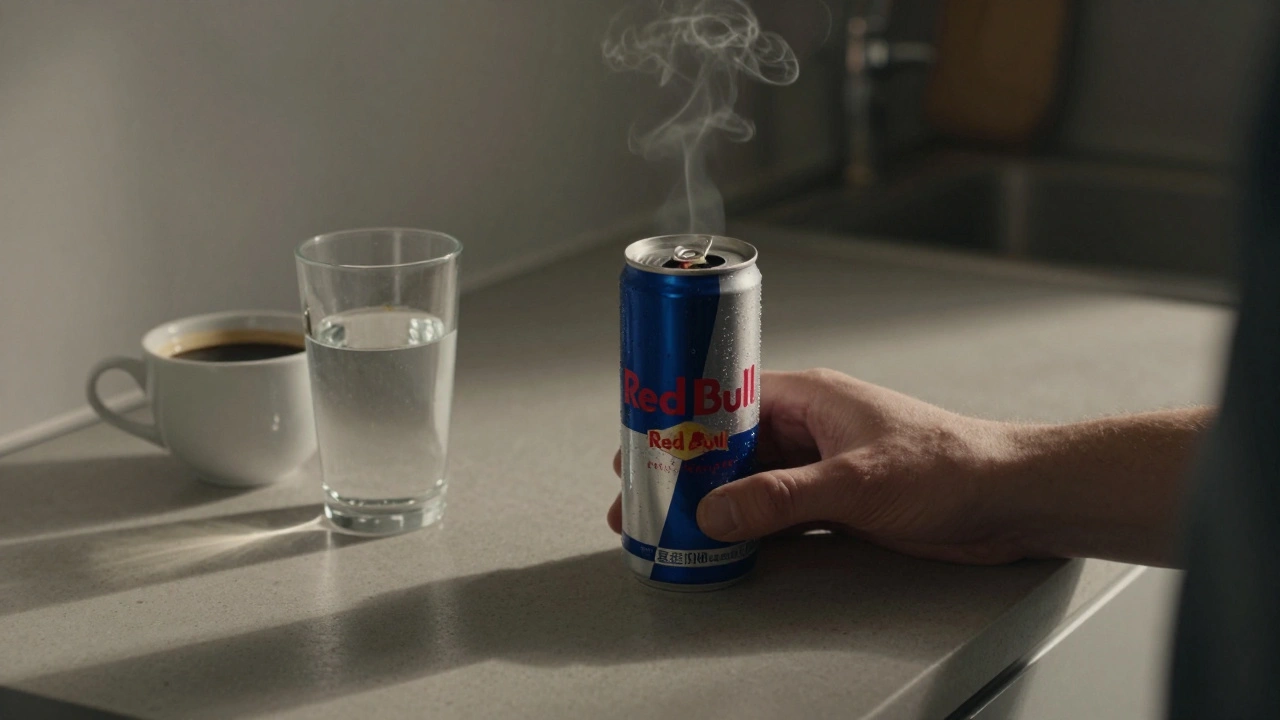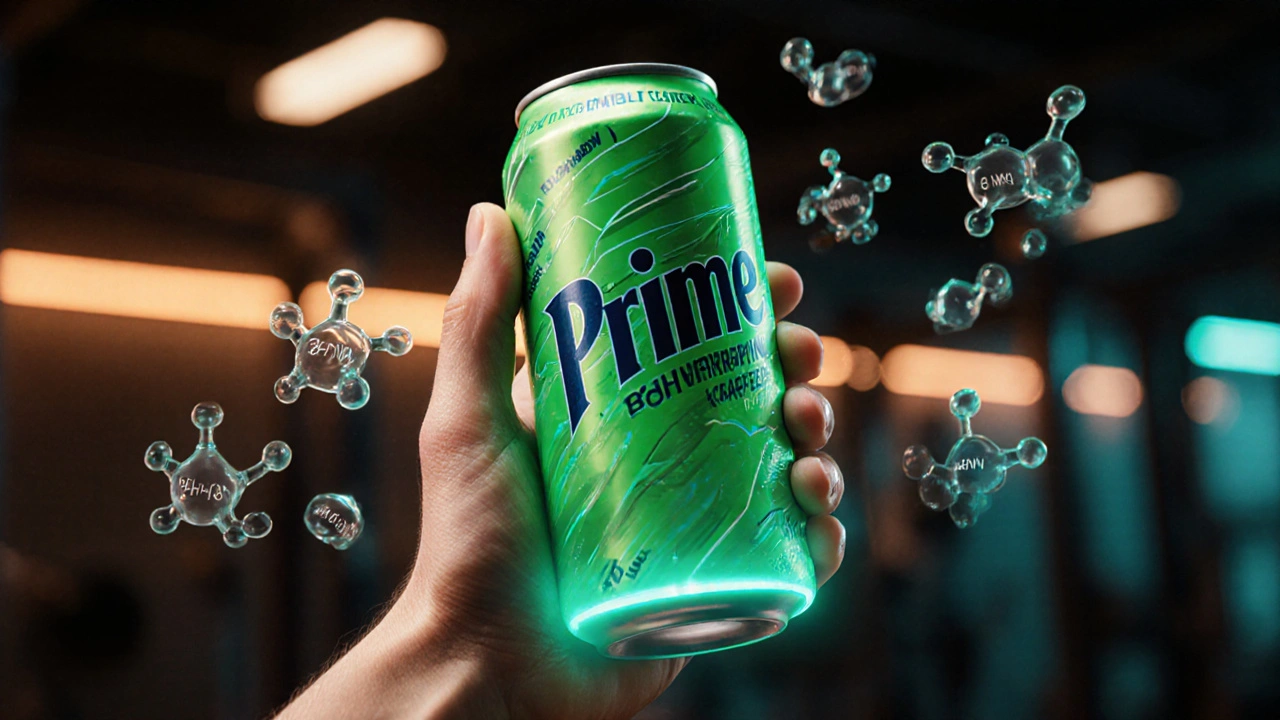Energy Drink Safety: What You Need to Know Before You Sip
Energy drinks promise instant buzz, but a quick boost can turn into a health hiccup if you don’t know the limits. This guide breaks down the biggest safety concerns—heart flare‑ups, liver stress, kidney strain—and gives you clear actions to stay on the safe side.
Watch Your Heart Rate
Caffeine spikes heart rate, and a can with 200 mg can feel like a sprint for your ticker. If you notice racing, palpitations, or dizziness, pause and drink water. Most adults can handle up to 400 mg caffeine a day, but mixing coffee, tea, and an energy drink can push you over the line. The rule of thumb: if you’re under 18, keep caffeine under 100 mg total per day.
Liver and Kidney Alerts
High sugar and artificial additives create extra work for your liver and kidneys. Studies show regular excess can increase liver enzymes and contribute to kidney stone formation. To lower risk, choose low‑sugar versions, limit intake to one can per day, and stay hydrated with plain water throughout the day.
Here’s a quick checklist for safer sipping:
- Read the label – note caffeine, sugar, and added stimulants.
- Never combine with alcohol or other stimulants.
- Limit to one 8‑oz serving per day, especially if you’re under 25.
- Balance with water – aim for at least 8 oz of water per can.
- Listen to your body – stop if you feel jittery or your heart races.
Pregnant women, people with heart conditions, or those on medication that interacts with caffeine should skip energy drinks entirely or talk to a doctor first.
Timing matters, too. Drinking a can right before bed can mess with sleep, and poor sleep can raise blood pressure, creating a vicious loop. Try to have your boost early in the day, and give your body a few hours before hitting the pillow.
If you need a longer, steadier lift, look for drinks with moderate caffeine (around 100 mg) and added electrolytes. These tend to cause fewer spikes and keep you hydrated, which is especially helpful during workouts.
Remember, energy drinks aren’t a substitute for proper nutrition. A balanced meal with proteins, carbs, and healthy fats will naturally support alertness far better than a sugar‑laden can.
Bottom line: enjoy the buzz, but respect the limits. Keep track of total caffeine, stay hydrated, and watch for warning signs. By following these simple steps, you can reap the benefits of energy drinks without putting your heart, liver, or kidneys at risk.
One Red Bull a week won't kill you, but it's not harmless. Sugar, caffeine, and hidden habits can affect sleep, metabolism, and energy long-term. Here's what really happens to your body.
Explore the health impact of Prime energy drink, covering caffeine, sugar, vitamins, risks, benefits, and safe usage tips for everyday consumers.


